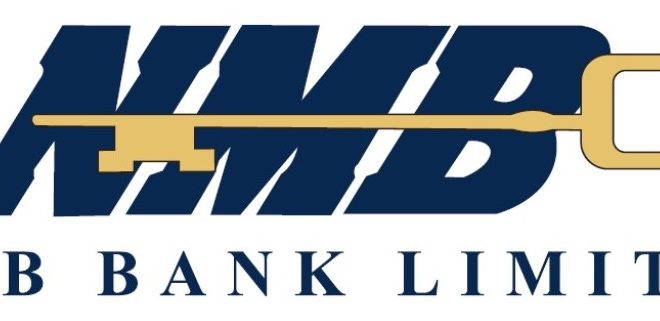OFAC weighing on foreign payments
The Reserve Bank of Zimbabwe estimates that at least 102 correspondent banking relationships were lost over the
last decade because of the country’s perceived high risk and sanctions US dollar transactions originating from Zimbabwe are taking longer than necessary because only a few banks are offering correspondent banking services to local banks and those that do are extra cautious not to break set rules, Business Weekly can report.
US dollar correspondent banking services are key to facilitating foreign exchange and payments. Zimbabwe has relied heavily on correspondent banks to gain access to foreign payments and to serve international clients.
But over the years, local banks, the latest being Stanbic Bank, have had their correspondent banking relationships terminated by international banks as they de-risk from Zimbabwe for fear of falling foul to the US Office of Foreign Assets Control (OFAC).
Around September this year, Deutsche Bank cut correspondent banking ties with Stanbic Bank, dealing a body-blow to one of the few remaining international banking providers operational in Zimbabwe.
The Reserve Bank of Zimbabwe estimates that at least 102 correspondent banking relationships were lost over the last decade because of the country’s perceived high risk and sanctions.
This has forced banks to be more cautious and take their time in processing international payments for fear of being found wanting and risking losing further correspondent banking relations.
Dr Mangudya said most banks were de-risking because of wanting to comply with OFAC rules which have, in the past, seen local and international banks being fined for handling “suspicious” Zimbabwean business. In 2019, the US Treasury fined Standard Chartered Bank plc US$18 million for handling transactions for Zimbabwean State-owned firms and sanctioned individuals. This is in addition to Standard Chartered having instructed Industrial Development Corporation (IDC) to close its accounts with the bank back in 2016.
Last year, CBZ, Zimbabwe’s largest commercial bank, was cleared of having to pay a US$385 million penalty for processing transactions on behalf of ZB Bank which was under American sanctions.
Dr Mangudya, however, said nothing much can be done to save the situation as it is “geopolitical”.
“It’s a fear factor, that’s why it’s taking longer to process this backlog because they only have a few banks. The more you process too many transactions, the foreign banks know that there is something happening there, they become
suspicious that something is happening. So that’s the challenge.”
Turning to the increased number of disqualified bids on the foreign currency auction system, Dr Mangudya said most of the disqualified bids were not in compliance with auction rules. He said most participants were coming to the auction without sufficient funds.
“These are people who are coming to the auction without Zim dollars, which means that it becomes speculative by nature.”
He said some were disqualified for failure to prove that they had imported goods from their previous allotments.
“We have a centralised system that sees all the transactions from their banks,” which shows nothing would have been imported.
“We just need compliance. Compliance is the first thing on the desk of any CEO, not only bank CEOs but all CEOs.
Dr Mangudya said the central bank has since written to banks warning them to comply or face penalties.
“I wrote letters to the banks and advised them that they know the auction rules, rules are rules, and they have also confirmed they would comply.”
Dr Mangudya said local banks were very good at complying with OFAC rules and yet they flout local banking rules.
“We say that as regulators going forward we will fine them for non-compliance,” said Dr Mangudya.-The Herald










